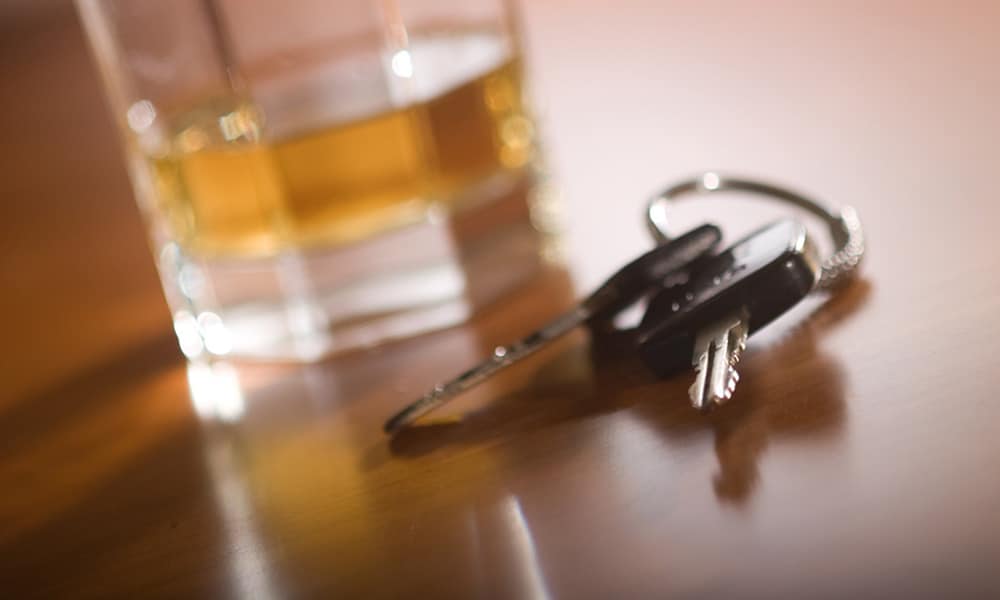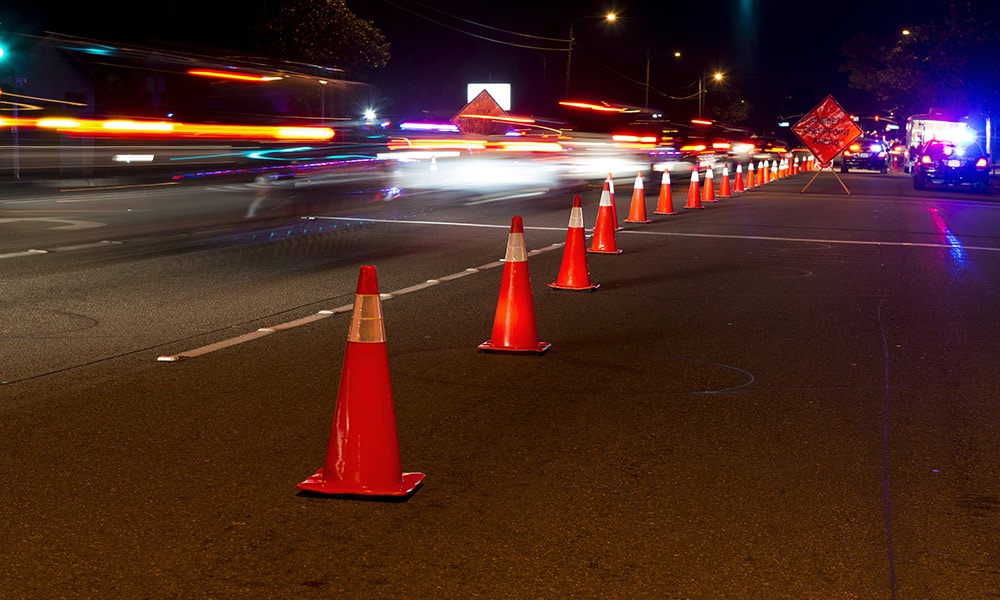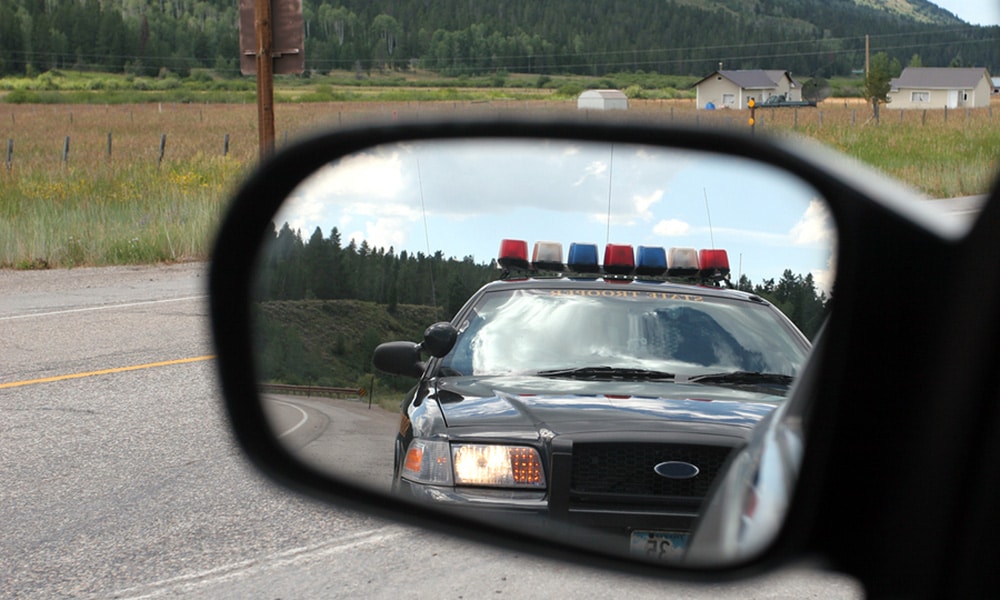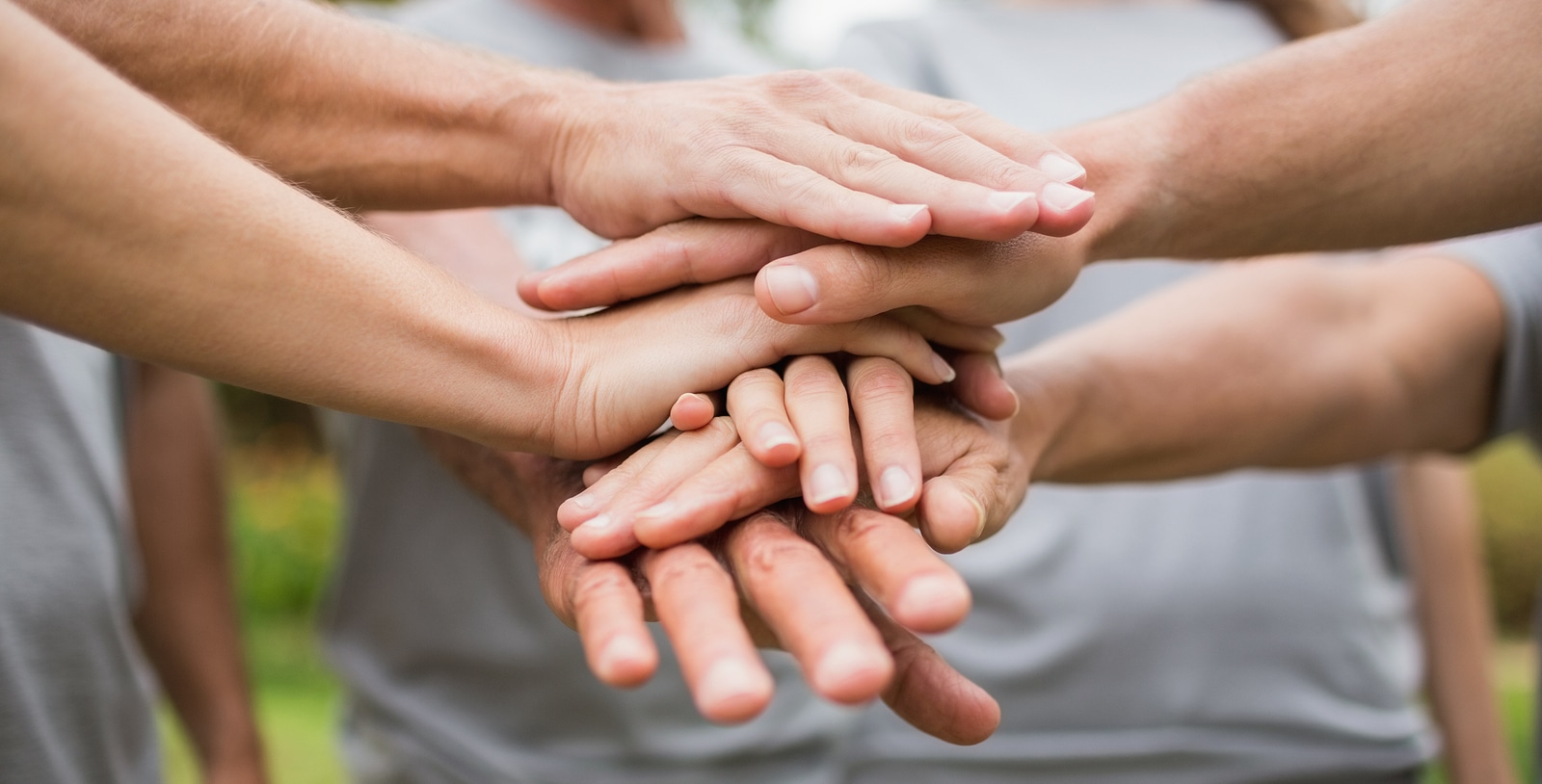The maximum legally permissible blood-alcohol concentration level in Colorado is .08. To understand how many alcohol beverages you need to consume before you reach that threshold, is challenging. Many persons may feel the relaxed effects of the alcohol, much before their BAC reaches even .04%, while others may reach a threshold of .08%, without really feeling much intoxication.
This is part of the reason why so many DUI arrests occur. Motorists are not able to gauge whether they are intoxicated enough to fail a breathalyzer. Our DUI lawyers know this situation all too well.
The easiest way for you to avoid a DUI arrest is obviously to avoid driving after you have had a few alcoholic beverages. However, not everyone has the capacity to determine whether the number of drunks that they have had could seriously place them at risk of being arrested for DUI. To avoid being arrested for DUI after having had a few alcoholic beverages, understand that alcohol beverages can affect different people in different ways. Whether you get intoxicated after a few alcoholic beverages can depend on a number of factors, including your age, your gender, your weight and other factors.
There are some things that you can do to lower the intoxicating effects of alcohol. Make sure that you eat something before you drink – having food in your stomach slows down the metabolism of alcohol. Foods that are high in protein do a much better job of slowing down the processing of alcohol, leading to a lowered concentration of alcohol in your blood.
Try to lower the strength of the alcoholic drinks that you consume. Stronger alcoholic drinks automatically mean a higher BAC. If you know that you are going to be driving, and that cab services are not an option, make sure that you drink light beverages.
Very often, persons don’t know how much alcohol a person of their size and weight must consume to get close to the legally permissible blood-alcohol level. The number is much lower than you think. An average-sized person only needs to drink about three beverages to get drunk and cross the legal threshold.
Thinner people are much more likely to be affected by a certain amount of alcohol. Lower percentage of body fat is linked to higher blood alcohol concentrations, compared to higher body fat percentages.
Women are also much more likely to process alcohol slowly. Their bodies contain lower amounts of the dehydrogenase enzyme that is responsible for the breaking down of alcohol molecules. Additionally, a women’s capacity to tolerate alcohol depends on hormone levels, menstrual cycle and so on. Some people also tend to have higher functional tolerance to alcohol, which means that their bodies are less sensitive to the effects of alcohol, and therefore, less likely to show any of the behavioral or biological changes brought about by alcohol. Medication use can also affect alcohol concentration.
Apart from not driving while drunk, there are other things that you can do to reduce your chances of being pulled over. If you have consumed alcohol before driving, drive responsibly. Obey all traffic laws. Avoid speeding, and avoid other forms of reckless behavior. Stay in your lane. Remember, officers look for these signs, and can pull you over if they find signs of reckless or erratic driving.
Make sure that your vehicle is not damaged. If your car recently sustained damage as a result of a minor accident, get the damage fixed. Remove any beer cans or containers of alcohol from your car. Make sure that your car is in perfect order. One of the reasons that officers will use to pull you over, is a car that is in less than perfect condition. Make sure that all of your headlights are in perfect working order. Make sure that turn signals are functioning well, and ensure that all of your documentation including driver’s license and car insurance documents is updated.
Look for DUI checkpoints in your area. Social media sites, including Twitter, can be a good source of information about DUI checkpoints, so it can be worth your time to go through your Twitter feed to identify the location of a DUI checkpoint near you.
What To Do If You’re Pulled Over
Often, when officers stop a motorist, it is specifically to see whether the person is driving under the influence of alcohol. That is especially true if you are stopped when driving late at night. The officer may have pulled you over on the pretext that you did not use a turn signal, or have a broken taillight, or any other such excuse. However, the main purpose of pulling you over could be to check if you are driving under the influence.
Remember, you do not have to take an alcohol test if you are pulled over by a police officer. Do not do anything threatening, do not appear hostile, and don’t talk too much when the police officer approaches your car. And under no circumstance, admit to having had “just a couple of drinks.” The officer isn’t going to let you drive off if you admit that – he will only ask you to step out of the car.




